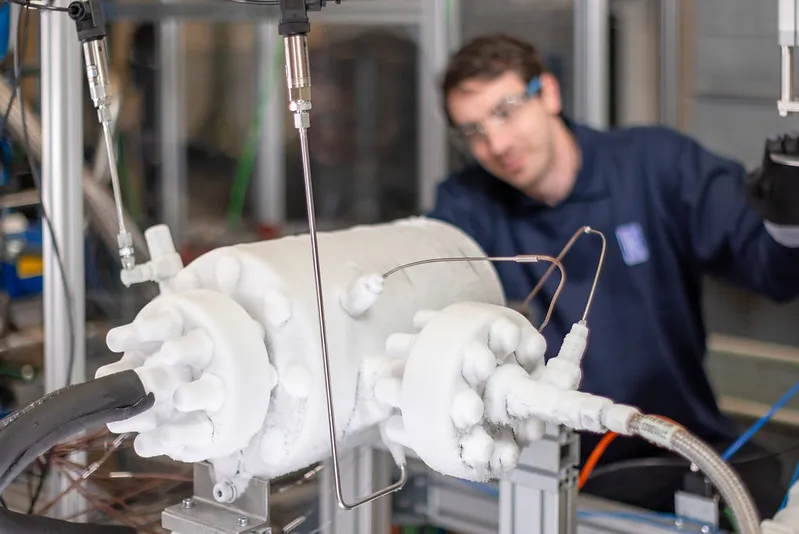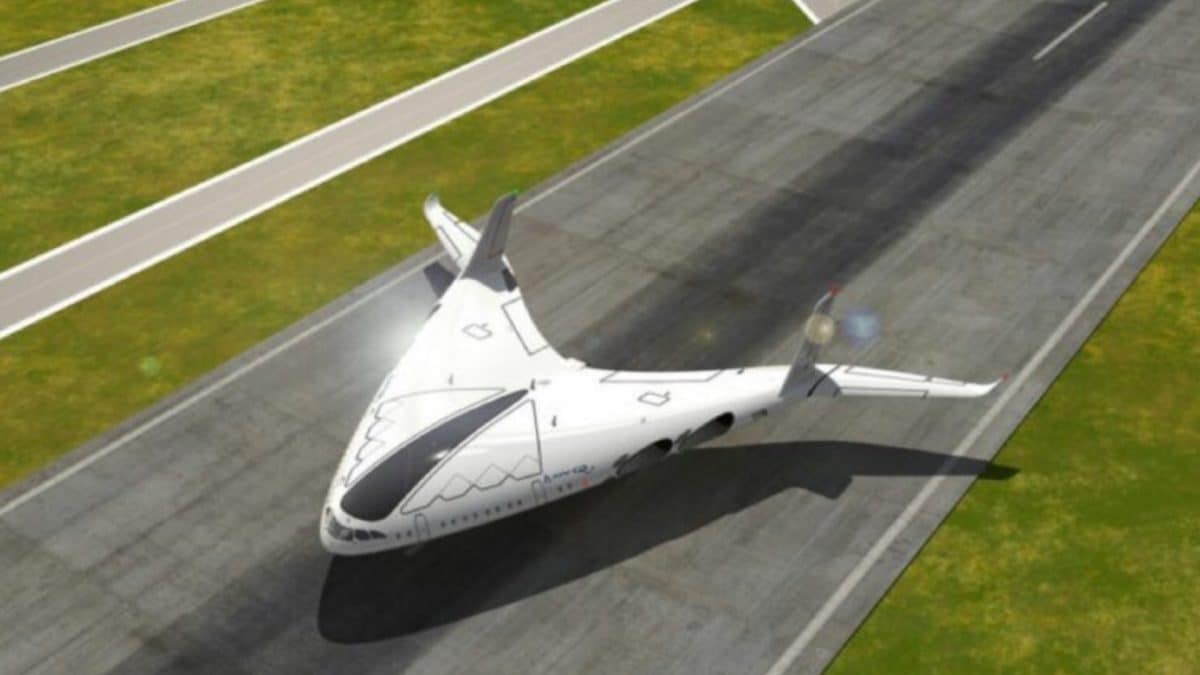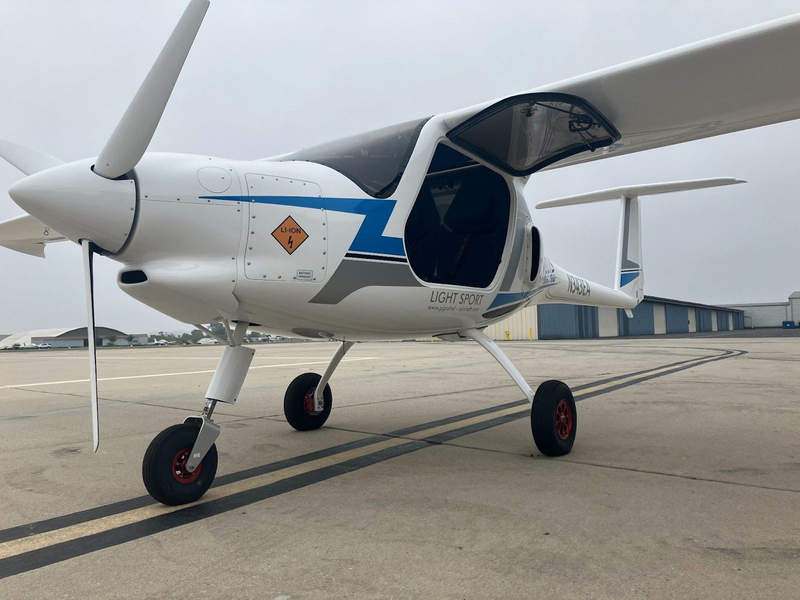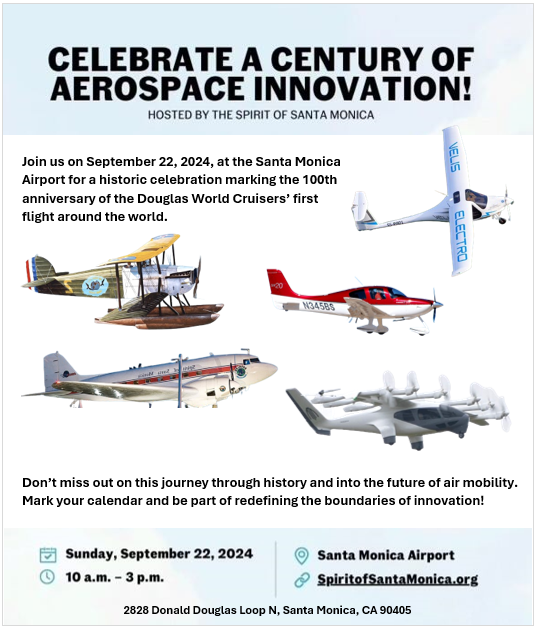
Rolls-Royce is working with airline easyJet to develop hydrogen combustion aero engines. The engines will be suitable for use on the narrowbody aircraft used by easyJet and available for use by the mid-2030s.
A key engineering challenge for these engines is their fuel systems. Low-pressure liquid hydrogen, chilled below -250°C, must be pressurized so that it can then be pumped into an engine and be combusted.
Rolls-Royce has identified three technology challenges that need to be solved to enable hydrogen’s use in aviation: fuel combustion, fuel delivery and fuel systems integration with an engine. All elements must be confirmed to operate safely.
In September 2023, Rolls-Royce ran tests on a full annular combustor of a Pearl 700 engine at the German Research Agency DLR in Cologne. Engineers used a 100% hydrogen fuel mix to show that hydrogen can be combusted at conditions that represent maximum take-off thrust.
This latest testing program at Rolls-Royce’s facility at Solihull, UK marks the start of understanding the fuel delivery element and will prove the cryogenic liquid hydrogen pump systems the company has developed.
Testing has so far focused on chilling the pump and understanding its behavior at cryogenic conditions.
Simon Burr, group director of engineering, technology and safety at Rolls-Royce said, “We are continuing to make good progress on our hydrogen journey working alongside easyJet. Hydrogen is an opportunity that can be part of aviation’s energy transition and we are committed to fully understanding its potential.”
Jane Ashton, director of sustainability at easyJet said, “Hydrogen will be a key component in helping short-haul aviation to decarbonize its operations and so we welcome the continued progress in Rolls-Royce’s testing program. We look forward to working with Rolls-Royce to develop these new technologies which have the potential to create a true step-change in the aviation industry.”
In addition, easyJet and Rolls-Royce set a world first last year by running an AE2100 engine on 100% green hydrogen at Boscombe Down, UK. This testing program will next progress to running a full gas hydrogen ground test on a Pearl engine, and then ground testing of a Pearl engine using liquid hydrogen.
The pump research testing has received UK Government funding, while the broader hydrogen test program receives funding from easyJet.
A key engineering challenge for these engines is their fuel systems. Low-pressure liquid hydrogen, chilled below -250°C, must be pressurized so that it can then be pumped into an engine and be combusted.
Rolls-Royce has identified three technology challenges that need to be solved to enable hydrogen’s use in aviation: fuel combustion, fuel delivery and fuel systems integration with an engine. All elements must be confirmed to operate safely.
In September 2023, Rolls-Royce ran tests on a full annular combustor of a Pearl 700 engine at the German Research Agency DLR in Cologne. Engineers used a 100% hydrogen fuel mix to show that hydrogen can be combusted at conditions that represent maximum take-off thrust.
This latest testing program at Rolls-Royce’s facility at Solihull, UK marks the start of understanding the fuel delivery element and will prove the cryogenic liquid hydrogen pump systems the company has developed.
Testing has so far focused on chilling the pump and understanding its behavior at cryogenic conditions.
Simon Burr, group director of engineering, technology and safety at Rolls-Royce said, “We are continuing to make good progress on our hydrogen journey working alongside easyJet. Hydrogen is an opportunity that can be part of aviation’s energy transition and we are committed to fully understanding its potential.”
Jane Ashton, director of sustainability at easyJet said, “Hydrogen will be a key component in helping short-haul aviation to decarbonize its operations and so we welcome the continued progress in Rolls-Royce’s testing program. We look forward to working with Rolls-Royce to develop these new technologies which have the potential to create a true step-change in the aviation industry.”
In addition, easyJet and Rolls-Royce set a world first last year by running an AE2100 engine on 100% green hydrogen at Boscombe Down, UK. This testing program will next progress to running a full gas hydrogen ground test on a Pearl engine, and then ground testing of a Pearl engine using liquid hydrogen.
The pump research testing has received UK Government funding, while the broader hydrogen test program receives funding from easyJet.












